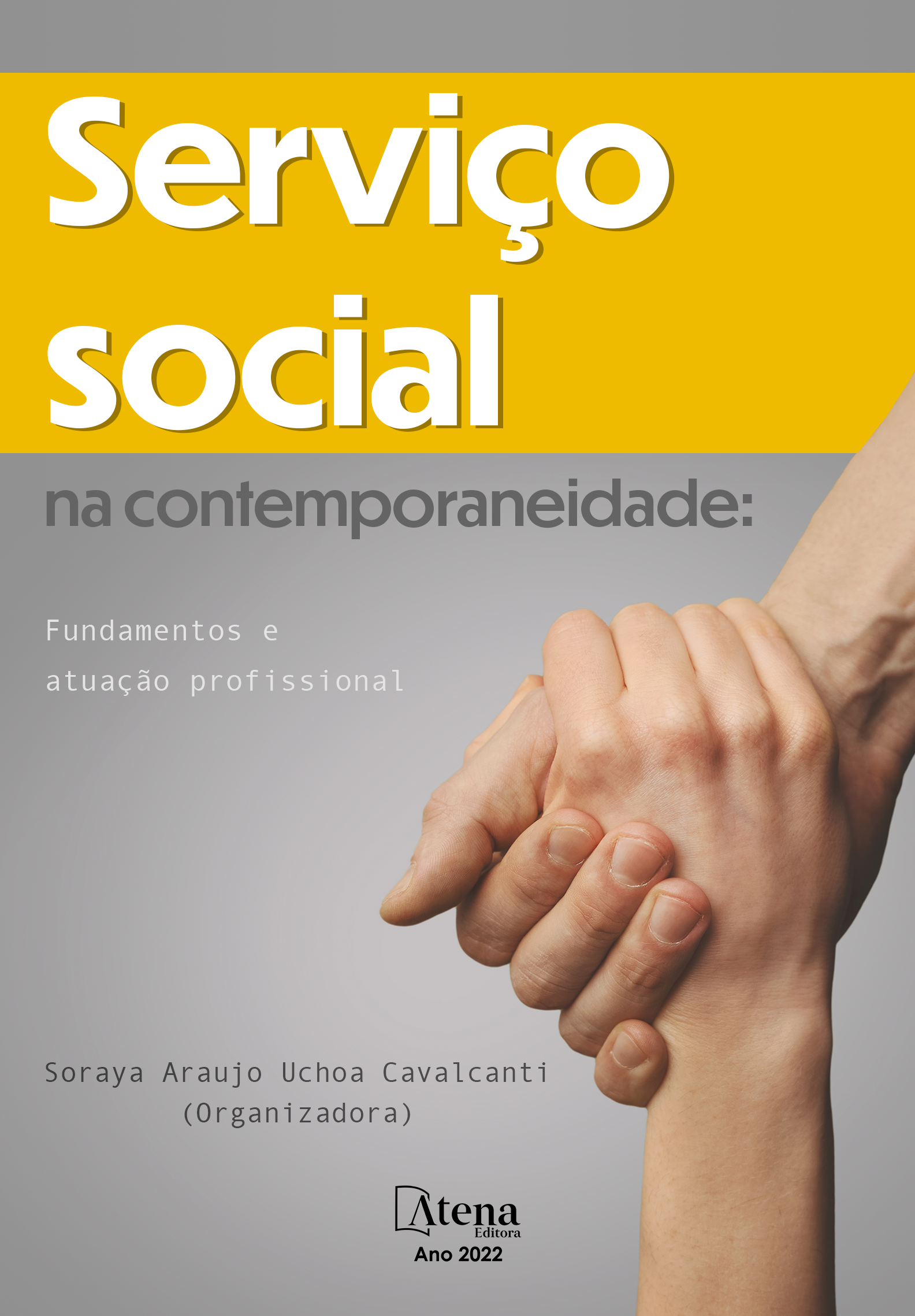
UMA ANÁLISE DO PROGRAMA BOLSA FAMÍLIA E SEUS REBATIMENTOS NAS CONDIÇÕES DE VIDA DOS SEUS USUÁRIOS
O presente estudo trata-se da síntese do subprojeto de pesquisa concluído e destinado a Fundação de Amparo à Ciência e Tecnologia do Estado de Pernambuco (FACEPE), o qual buscou desvendar a potencialidade do Programa Bolsa Família (PBF) em provocar mudanças nas condições de vida dos seus usuários, no estado de Pernambuco, nos anos 2007/2014. A pesquisa intenta desvelar as reais direções políticas em relação aos distintos projetos societários, sejam: o de universalização de direitos e emancipatório, ou o de mercantilização do atendimento das necessidades sociais e manutenção das condições de existência da população, como também avaliar os impactos sociais, econômicos e políticos do PBF nas condições de existência dos seus usuários nos anos 2007 a 2014, em Pernambuco. Para tal, utilizamos procedimentos quantitativos e qualitativos incluindo a análise de conteúdo. Do universo dos usuários da base de dados do Cadastro Único foi retirado uma amostra com 385 usuários, sendo realizadas, ao final, 90 entrevistas com os usuários do PBF na Região Metropolitana do Recife para qualificar os acréscimos nas suas vidas enquanto usufrutuárias. Como resultado mais significativo em relação ao programa, verificou-se que o PBF visa combater a pobreza e as desigualdades sociais por meio da transferência direta de um benefício financeiro, e o faz, mas de forma limitada. A dimensão política é a mais difícil de operar mudanças junto à população, dada a natureza compensatória, e o viés assistencialista do “benefício” de repasse do Programa aos usufrutuários. O impacto econômico promovido pelo programa, em razão dos valores de renda transferidos, foi incapaz de alterar a situação de subsistência e pobreza do seu público-alvo. Na dimensão social o PBF encontra os seus principais impactos positivos, pois 95% dos entrevistados utilizam esse benefício financeiro para adquirir itens alimentícios, vestuários e/ou pagar despesas básicas de casa - água, luz e gás.
UMA ANÁLISE DO PROGRAMA BOLSA FAMÍLIA E SEUS REBATIMENTOS NAS CONDIÇÕES DE VIDA DOS SEUS USUÁRIOS
-
DOI: 10.22533/at.ed.5032230055
-
Palavras-chave: Programa Bolsa Família; Questão social; Avaliação de Impactos; Pernambuco.
-
Keywords: Bolsa Família Program; Social Question; Impact Evaluation; Pernambuco.
-
Abstract:
The present study is a synthesis of the subproject completed and submitted to the Foundation for the Support of Science and Technology of the State of Pernambuco (FACEPE), which sought to unveil the potential of the Bolsa Família Program (BFP) to bring about changes in the living conditions of its users in the state of Pernambuco in 2007/2014. The research aims to unveil the real political directions in relation to different societal projects, whether: the universalization of rights and emancipatory, or the commercialization of meeting social needs and maintaining the conditions of existence of the population, as well as evaluate the social, economic and political impacts of the PBF in the conditions of existence of its users in the years 2007 to 2014, in Pernambuco. To this end, we used quantitative and qualitative procedures including content analysis. A sample of 385 users was drawn from the universe of users in the Unified Registry database, and in the end, 90 interviews were conducted with PBF users in the Metropolitan Region of Recife to qualify the additions in their lives as usufructuaries. As a most significant result regarding the program, it was found that the PBF aims to combat poverty and social inequalities through the direct transfer of a financial benefit, and it does so, but in a limited way. The political dimension is the most difficult to operate changes among the population, given the compensatory nature, and the welfare bias of the "benefit" of transferring the Program to the beneficiaries. The economic impact promoted by the program, due to the amounts of income transferred, was unable to change the situation of subsistence and poverty of its target audience. In the social dimension, the PBF finds its main positive impacts, as 95% of the interviewees use this financial benefit to purchase food items, clothing and/or pay basic household expenses - water, electricity and gas.
-
Número de páginas: 13
- Ana Cristina Brito Arcoverde
- Crysllaine Pinheiro da Silva


